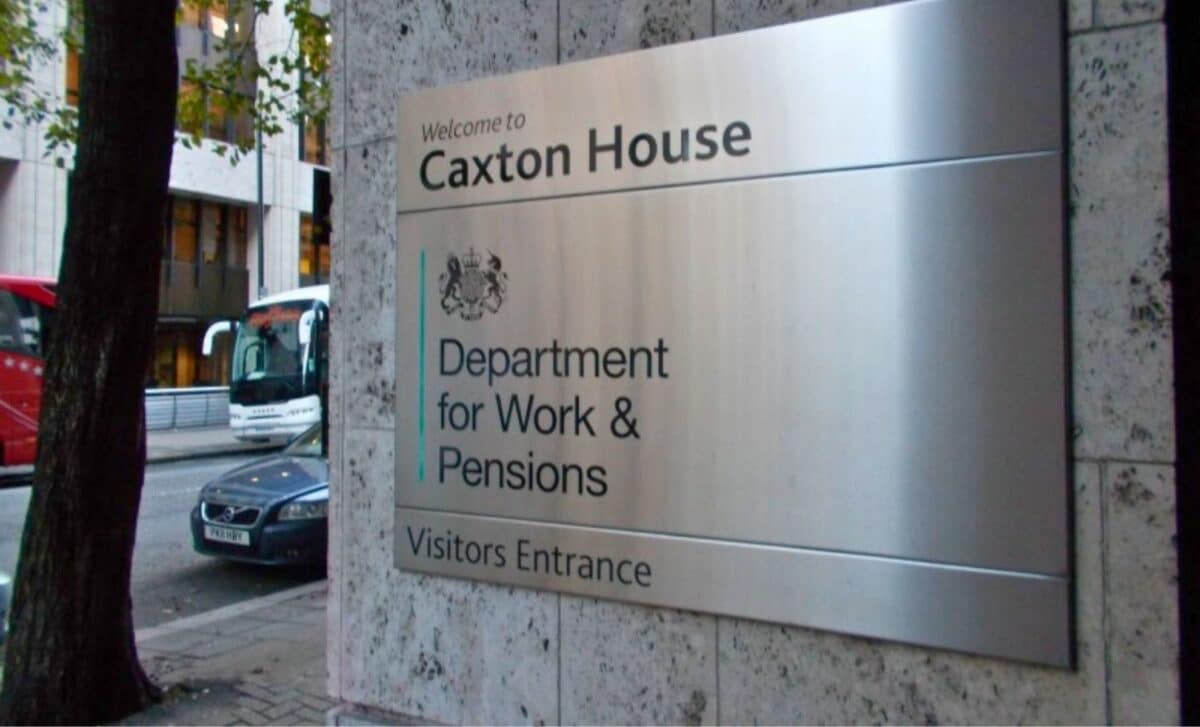The Department for Work and Pensions has suggested potential cuts to new claims and end-of-award renewals for Personal Independence Payments (PIP).
DWP PIP Overhaul: New Measures Considered to Control Rising Disability Benefit Costs
Several measures are being considered as a way to control the increasing costs of the disability benefit, which presently support around 3.5 million claimants.
Suggestions under consideration in the
Modernising Support for Independent Living include significant changes. According to BirminghamLive the Health and Disability Green Paper proposes replacing
PIP cash payments with vouchers, grants, and shopping catalogues to help claimants get medical treatment and equipment.
Currently, more than 80,000 PIP applications are submitted every month, with around 33,000 new awards issued. With PIP approvals projected to surge, the annual cost to the taxpayer is expected to reach £28 billion by 2028/29 marking a 110% spending increase since 2019.
The DWP aims to make the benefit more adequate to address
specific disability costs. Originally introduced by the previous Conservative government, these proposals are now being closely examined by the current Labour leadership, which will thoroughly review feedback received after the consultation concluded on July 22.
The leadership has expressed its dedication to “support more disabled people and those with health conditions into work.”
IFS Warns Stricter PIP Regulations Could Delay Spending Cuts Despite Cost Surge
The Institute For Fiscal Studies has indicated that tightening PIP regulations could prompt the DWP to adopt a stricter approach to new applications and reassessments when current awards are concluded, as these are considered the most viable options to manage escalating costs.
Nevertheless, these actions would likely mean that any potential spending cuts may be delayed. PIP awards are typically issued for periods ranging from nine months to a decade, after which the claim undergoes reviews to assess whether it should be decreased, increased, maintained the same, or discontinued.
Certain claims are ‘short-term’, ending automatically within two years or less, while others are indefinite, requiring only a light-touch reviews after ten years to confirm that no changes are needed.
The IFS stated: “Rather than rapidly reassessing all existing claimants, reforms like these often apply only to new claims and end-of-award reassessments, and they should certainly be carefully piloted before being rolled out. This means that any reductions in benefit spending can often take quite a while to realise.
“In this context, it might be worth noting that just before the May 2015 general election the Conservative Party Manifesto committed to delivering £12 billion a year in cuts to the working-age benefits bill by 201718.
“A few weeks later in the July 2015 Budget they did indeed set out measures that were costed as reducing spending by £12 billion a year, but only by the fourth year of the Parliament.”
Tom Waters, Associate Director at the Institute for Fiscal Studies, noted: “The number of people receiving financial support from the government for a health-related benefit has increased sharply since the pandemic and is forecast to continue growing. This is one of the big drivers of the large increase in public spending since 2019 and into the next parliament.
“So it is understandable that whoever is in office after the election should want to take a careful look at this. And reducing the scope of the state is one possible response to the broader public finance challenges that we face. The most substantial proposal that is not already baked into the forecast is one intended to reduce the numbers who are able to receive disability benefits on the basis of a mental health condition. Cuts are certainly possible.
“But history suggests that reductions in spending are often much harder to realise than is claimed. Delivering an additional £12 billion saving from this set of measures relative to what was forecast in the March Budget looks difficult in the extreme. That said, even if it was achieved, it would still only leave spending around its current level.”










To honest getting a little worried my legs Semi paralysed from a missed stroke. And I have collapsing spine ,nerve
damaged in both legs. My pip payment is coming to an end getting slightly worried